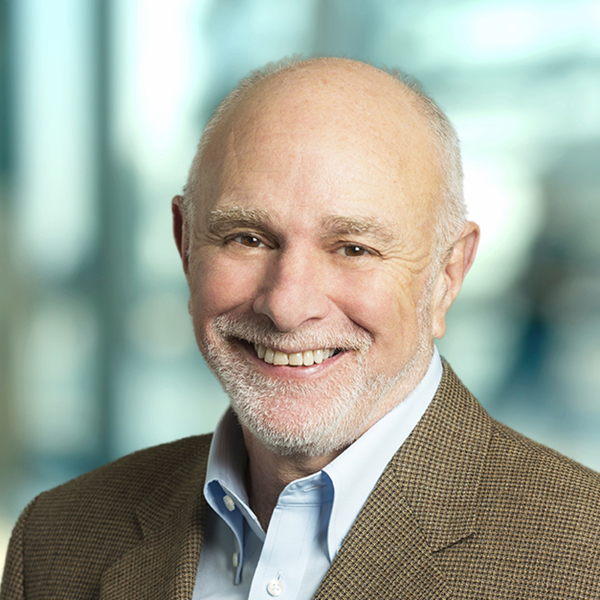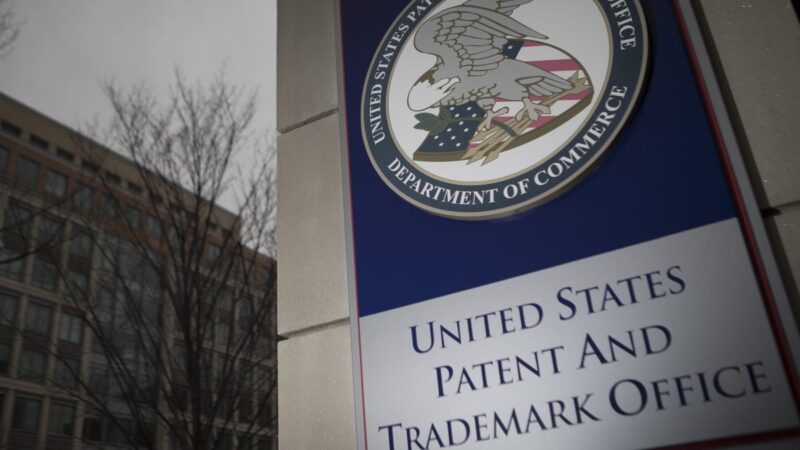The Hon. Bill Baer

Bill Baer is a visiting fellow in Governance Studies at the Brookings Institute. He is one of the world’s best known and respected antitrust/competition enforcers. Bill is the only person to have led antitrust enforcement at both U.S. antitrust agencies, serving as Assistant Attorney General in charge of the Antitrust Division of the US Department of Justice from 2013 to 2016, and as Director of the Bureau of Competition at the Federal Trade Commission from 1995 to 1999.
Bill worked at the Federal Trade Commission on two different occasions: from 1995-99, as Director of the Bureau of Competition; and from 1975-1980 as Attorney Advisor to the Chairman and Assistant General Counsel for Legislation and Congressional Relations. While not in public service Bill headed the highly regarded antitrust practice at Arnold & Porter, representing a broad range of companies in US and international cartel investigations, antitrust litigation, and mergers and acquisition reviews by antitrust enforcers, including the DOJ, FTC, state attorneys general, and the European Commission.
Bill received his JD in 1975 from Stanford Law School, where he served as Senior Article Editor of The Stanford Law Review, and his BA in 1972 from Lawrence University, which recently awarded him its Distinguished Alumni Achievement Award.


Assessing the Patent and Trademark Office’s Inventorship Guidance for AI-Assisted Inventions
